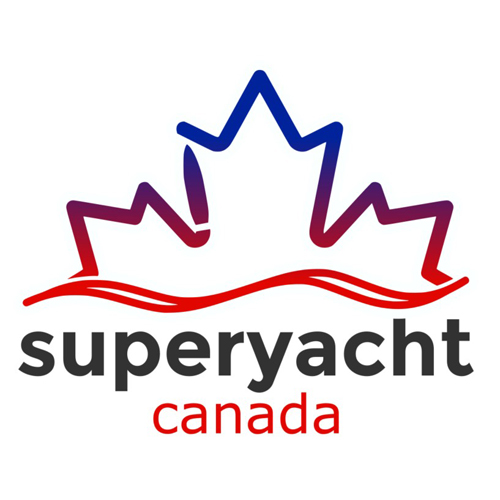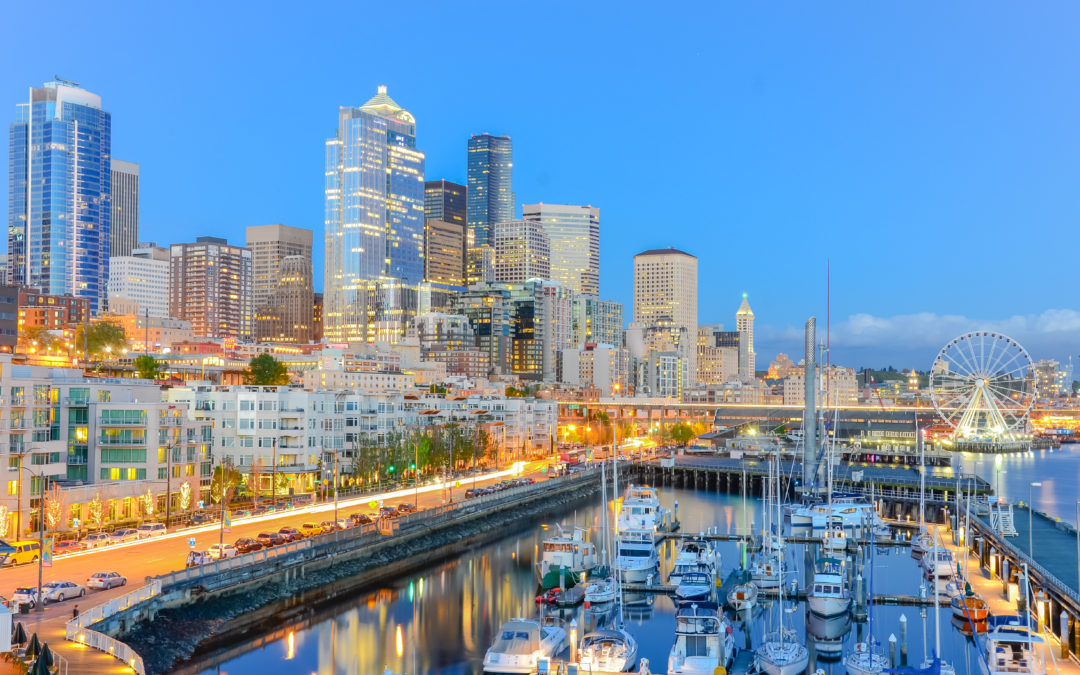Seattle is less a cruising ground and more a hub of industry for the region; it’s the commercial and mercantile generator of wealth that catalyzes superyacht cruising in waters further north.
Like California further down the coast, Washington is a state that is recognizably liberal – a cultural phenomenon often attributed in economic circles to the rapid development of new markets. By way of evidence, Seattle is the birthplace of such epoch-defining businesses like Amazon, Boeing, Microsoft, and Starbucks, all of which are still headquartered there.
Therefore, the population of Seattle and the surrounding area has always nurtured creativity and talent with a modicum of fuss. In fact, it was very quickly apparent from visits to three of the main superyacht stakeholders in the region – Delta Marine, Northern Lights and Westport – that not only does no one raise an eyebrow to the work of our industry, the companies involved are so modest that they’re almost reluctant to acknowledge their own existence.
This is definitely the case when visiting Northern Lights and its unassuming vice president Kit Purdy. Despite Purdy’s diffidence, this marine-generator company, established 64 years ago, supplies some of the top Northern European shipyards as well as the big local players. “We’re getting more superyachts here than we have in the past,” explains Purdy, although he attributes this to the world-leading oncological services available in Seattle rather than the cruising grounds themselves, which certainly isn’t the first thing one would associate with the superyacht experience even if it is entirely logical.
Purdy says there is a tacit ‘ingenuity’ transfer across companies such as Westport, Delta and aviation giant Boeing, with engineering at their core, and a number of ancillary companies – his included – that focus on original equipment.
The engineers in this area are so smart. In our case, with the IMO ECA [Emission Control Areas] it is making things more difficult. We used to be – and I think we still are – the machine to put into your superyacht, but there is a lot more competition than there ever has been. With that, you have to keep up with the technological [advancements] and that’s something we’re constantly working on. We did a hybrid boat 12 years ago in New York and now that’s where the future is heading.”
Although here we are profiling the infrastructure that supports a specific region, just speaking to Purdy epitomizes how globalized our niche industry has become. Despite a near-monopoly on the local market and therefore the entire US new-build market, Purdy says Northern Lights is very active in the Netherlands, Italy, and the UK, and has 378 distributors stationed worldwide.
“Parts and service are the big things because, unfortunately, it’s getting harder and harder [for the industry] to find good engineers on board,” says Purdy in what is an adroit summary of the problems that are common to OEMs the world over, and something that can increasingly influence an owner’s desire to cruise an area. Having local expertise, not only among manufacturers but also repair and maintenance provisions, is key. And that’s why Purdy has implemented a training program for builders that encompasses lifecycles.
“Refit’s a big part of our business,” he says of the industry’s en vogue sector. “It’s always been a big focus in this part of the US and I see the UK and Holland are getting a lot more refit work.” Northern Lights is an example of an industry-leading company that is, at once, a business looking inward to its domestic market as well as to the wider market beyond its borders.


Recent Comments